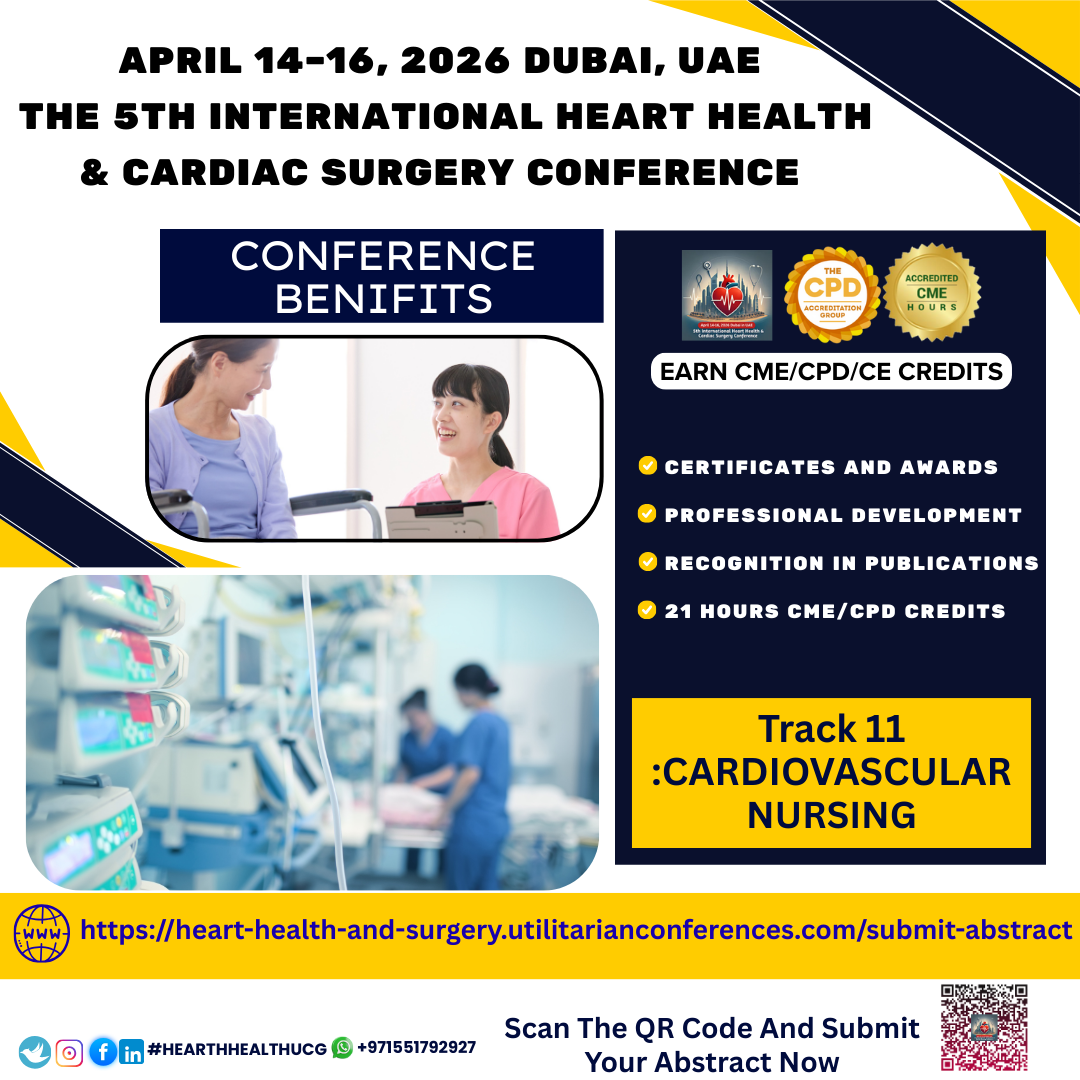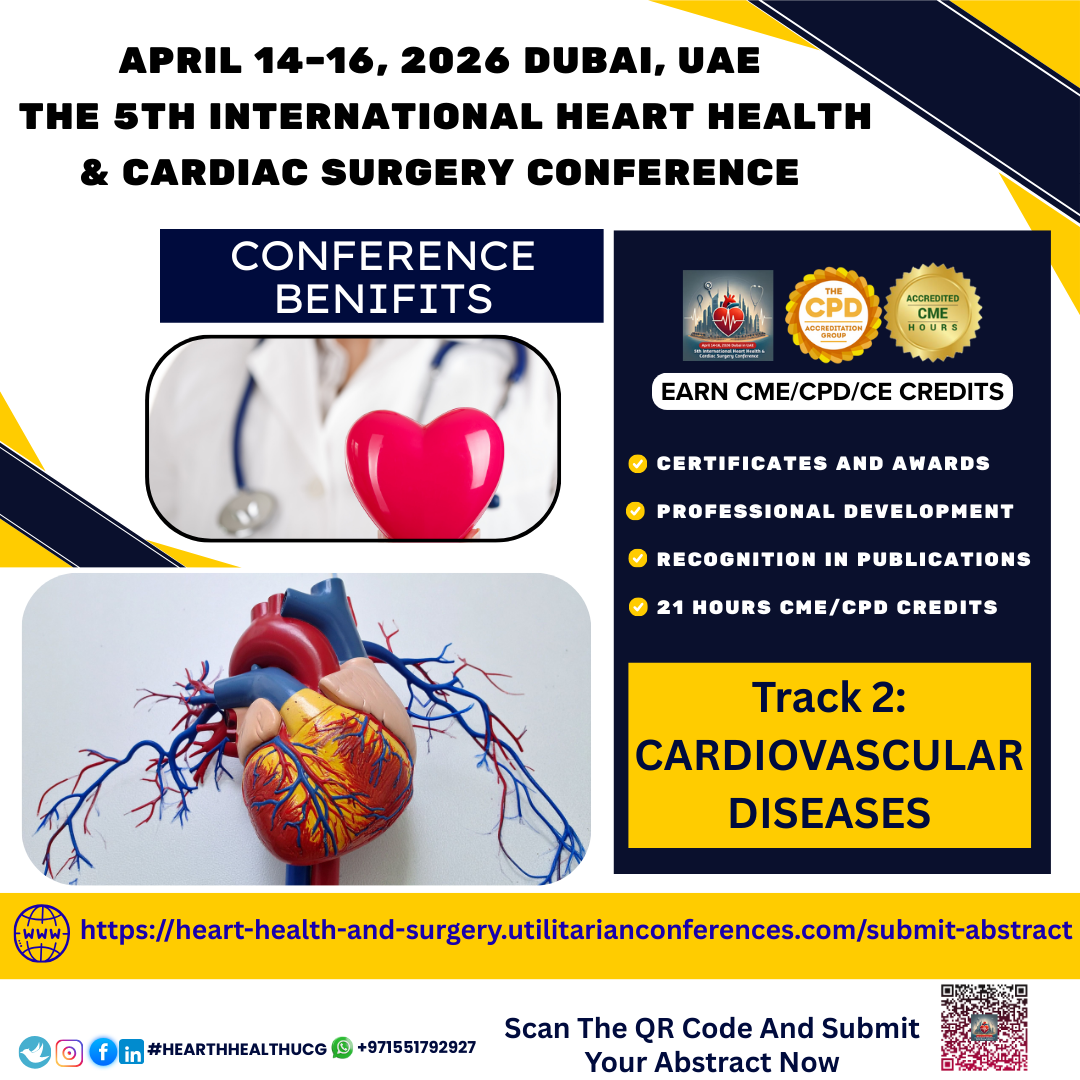



Heart Health is a broad and essential topic that refers to maintaining the...

Cardiovascular diseases (CVDs) are the leading cause of death globally,
claiming an estimated 17.9...

Cardiovascular nursing is a dynamic and vital specialty within the nursing profession. Focused on caring for patients with heart and blood vessel conditions, cardiovascular nurses play a crucial role in preventing, managing, and treating one of the world’s leading causes of death: cardiovascular disease (CVD).
Cardiovascular nursing, sometimes referred to as cardiac nursing, is a nursing specialty dedicated to the care of patients with heart-related conditions such as:
Coronary artery disease
Congestive heart failure
Heart attacks (myocardial infarction)
Hypertension
Arrhythmias
Post-operative heart surgery care (e.g., bypass surgery, valve replacement)
These nurses work in various healthcare settings, including cardiac care units (CCU), intensive care units (ICU), cardiac catheterization labs, telemetry units, and even home healthcare.
👩⚕️ The Role of a Cardiovascular NurseCardiovascular nurses are on the front lines of heart health. Their responsibilities include:
Monitoring vital signs and cardiac rhythms
Administering medications and IV therapy
Assisting with diagnostic procedures (like EKGs and stress tests)
Educating patients on heart-healthy lifestyle changes
Providing emotional support to patients and families
Collaborating with cardiologists and multidisciplinary teams
They must be highly skilled, detail-oriented, and capable of working in high-pressure environments—especially when caring for patients during cardiac emergencies.
🎓 Education and Certification To become a cardiovascular nurse, one typically needs:Registered Nurse (RN) licensure — through an Associate Degree in Nursing (ADN) or a Bachelor of Science in Nursing (BSN).
Specialized training or experience — in cardiac care units or related settings.
Certification (optional but recommended) — such as the Cardiac Vascular Nursing Certification (CV-BC™) offered by the American Nurses Credentialing Center (ANCC).
Ongoing education is crucial, given the rapid advancements in cardiovascular medicine and technology.
💡 Why Cardiovascular Nursing Matters Cardiovascular nurses are at the heart of patient care—literally. With heart disease affecting millions globally, these professionals are essential in:Early detection of symptoms and complications
Reducing hospital readmissions through patient education and follow-up
Supporting recovery after major cardiac events or surgeries
Advocating for prevention through community outreach and health education Their compassion, clinical expertise, and vigilance can be the difference between life and death.
If you're a nursing student or practicing RN interested in cardiology, consider shadowing a cardiac nurse, joining a professional organization like the American Association of Heart Failure Nurses (AAHFN), or enrolling in cardiac-focused continuing education courses.
The heart can't heal without help—be the nurse who provides it.